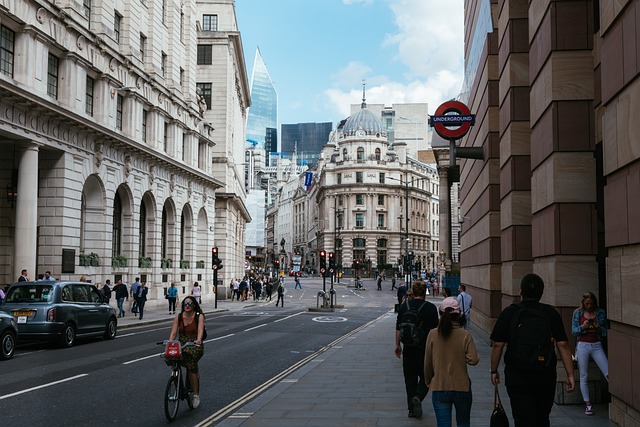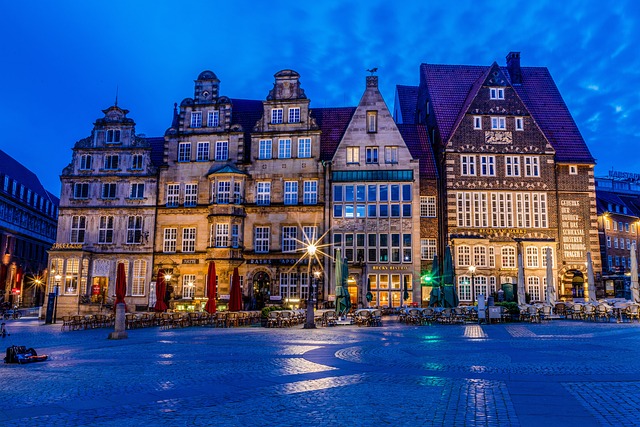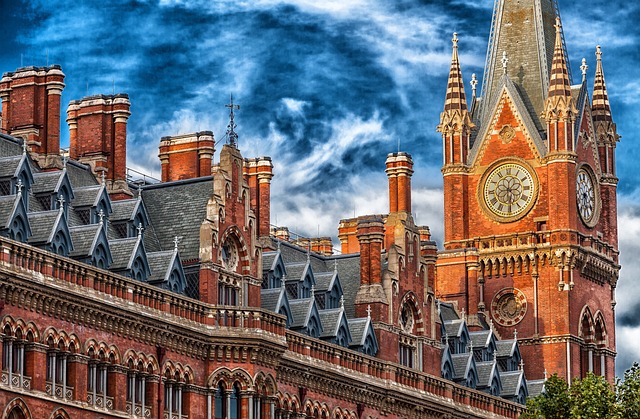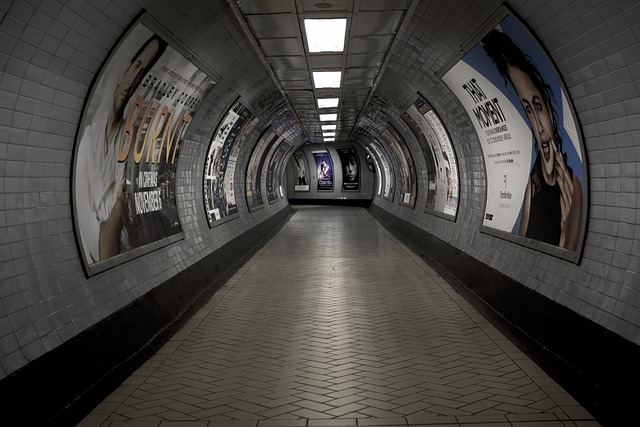British Culture: A Rich Tapestry of Tradition, Innovation, and Diversity

British culture is a fascinating blend of historical traditions, modern innovation, and multicultural influences. From its iconic landmarks and royal heritage to its vibrant arts scene and diverse culinary landscape, the United Kingdom offers a rich cultural experience that continues to captivate the world. This article delves into the key aspects of British culture, exploring its traditions, arts, cuisine, and more.
1. Historical Traditions and Royal Heritage
The Monarchy
- Overview: The British monarchy is one of the oldest and most iconic institutions in the world. The Royal Family, including Queen Elizabeth II and her successors, plays a significant role in national identity and global diplomacy.
- Key Events: Royal weddings, coronations, and the annual Trooping the Colour ceremony are celebrated with great pomp and pageantry.
Historical Landmarks
- Stonehenge: A prehistoric monument in Wiltshire, shrouded in mystery and ancient history.
- Tower of London: A historic castle and former prison, home to the Crown Jewels.
- Buckingham Palace: The official residence of the monarch in London.
Significance: These landmarks and traditions reflect Britain’s rich history and enduring cultural heritage.
2. Literature and the Arts
Literature
- Classic Authors: William Shakespeare, Jane Austen, Charles Dickens, and the Brontë sisters are among the literary giants whose works have left an indelible mark on world literature.
- Modern Writers: Contemporary authors like J.K. Rowling, Ian McEwan, and Zadie Smith continue to shape the literary landscape.
Theatre
- West End: London’s West End is synonymous with world-class theatre, hosting a variety of plays, musicals, and performances.
- Shakespeare’s Globe: A reconstruction of the original Globe Theatre, offering a glimpse into Elizabethan theatre.
Visual Arts
- Tate Modern and Tate Britain: Leading art galleries showcasing British and international art.
- Street Art: Cities like Bristol, home to Banksy, are known for their vibrant street art scenes.
Significance: Britain’s contributions to literature and the arts have had a profound impact on global culture.
3. Music and Dance
Music
- Classical Composers: Figures like Edward Elgar and Benjamin Britten have made significant contributions to classical music.
- Rock and Pop: The UK has been a powerhouse of popular music, with bands like The Beatles, The Rolling Stones, and solo artists like David Bowie and Adele shaping the sound of generations.
Dance
- Traditional Dance: Morris dancing and ceilidh dancing are traditional forms that continue to be enjoyed at festivals and events.
- Contemporary Dance: Companies like the Royal Ballet and Rambert Dance Company are renowned for their innovative performances.
Significance: British music and dance reflect a dynamic blend of tradition and modernity.
4. Festivals and Celebrations
Guy Fawkes Night
- Overview: Celebrated on November 5th, this festival commemorates the failed Gunpowder Plot of 1605 with bonfires and fireworks.
Notting Hill Carnival
- Overview: Europe’s largest street festival, celebrating Caribbean culture with music, dance, and vibrant costumes.
Edinburgh Festival Fringe
- Overview: The world’s largest arts festival, featuring thousands of performances across various genres.
Significance: These festivals showcase Britain’s cultural diversity and love for celebration.
5. Sports and Leisure
Football
- Overview: Football (soccer) is the most popular sport in the UK, with a rich history and passionate fan base.
- Key Clubs: Manchester United, Liverpool, and Arsenal are among the most famous clubs.
Cricket
- Overview: A traditional sport with a strong following, particularly in England.
- The Ashes: A famous Test series between England and Australia.
Tennis
- Overview: Wimbledon, held in London, is the oldest and most prestigious tennis tournament in the world.
Significance: Sports play a central role in British culture, fostering community and national pride.
6. Cuisine and Culinary Traditions
Traditional Dishes
- Fish and Chips: A classic British dish, often enjoyed with a side of mushy peas.
- Sunday Roast: A traditional meal featuring roasted meat, potatoes, and vegetables, served with Yorkshire pudding and gravy.
- Full English Breakfast: A hearty breakfast including eggs, bacon, sausages, beans, and toast.
Afternoon Tea
- Overview: A quintessentially British tradition, featuring tea, sandwiches, scones, and pastries.
Modern British Cuisine
- Overview: Contemporary British cuisine is influenced by global flavors, with chefs like Gordon Ramsay and Heston Blumenthal leading the way.
Significance: British cuisine reflects a blend of tradition and innovation, with a growing emphasis on quality and sustainability.
7. Multiculturalism and Diversity
Immigration and Influence
- Overview: The UK’s history of immigration has created a multicultural society, with significant influences from South Asia, the Caribbean, Africa, and Europe.
- Cultural Festivals: Events like Diwali, Chinese New Year, and Eid are celebrated across the country.
Cuisine
- Overview: The UK’s culinary scene is enriched by diverse cuisines, from Indian curries to Middle Eastern mezze.
Significance: Multiculturalism is a defining feature of modern British culture, contributing to its dynamic and inclusive society.
8. Language and Communication
English Language
- Overview: English is the primary language spoken in the UK, with regional accents and dialects adding to its richness.
- Influence: British English has had a significant impact on global communication, literature, and media.
Slang and Idioms
- Overview: British slang and idioms, such as “cheers” (thank you) and “bloke” (man), add color and character to everyday language.
Significance: Language is a key aspect of cultural identity and communication in the UK.




